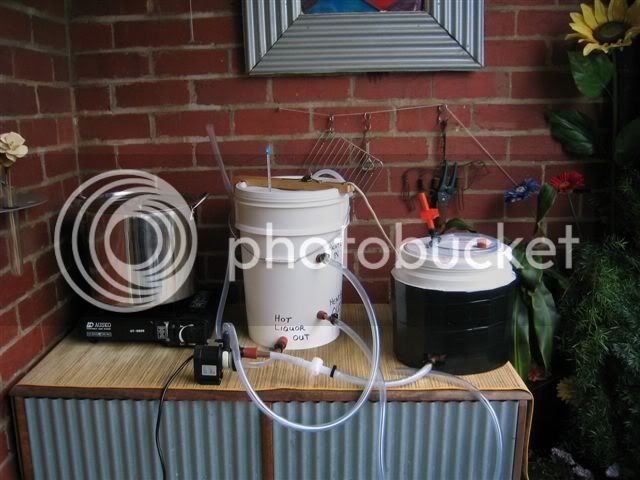Hi guys,
I love brewing but I don't drink a lot. I would prefer to do many small batches of different sorts. I have the equip for all-grain mashing and am thinking of doing very small batches. Ultimately any one "batch" I would like to fill a 2L PET bottle for fermentation. Maybe two. Does anyone here do this small-amount and/or many-batch-at-once brewing? I think my style of brewing may be to have like 10 or 20 2L bottles with airlocks secured through the lids, all producing different flavours. If i find a bottle that takes my fancy especially, i can always scale up into my 30/60L fermentors.
So, i was just wondering how i might calculate what amount of grain(s) I would use for a very small batch. Can i just take a tried & tested recepie and scale it down proportionally? Or is there some other thing I need to consider?
Cheers.
I love brewing but I don't drink a lot. I would prefer to do many small batches of different sorts. I have the equip for all-grain mashing and am thinking of doing very small batches. Ultimately any one "batch" I would like to fill a 2L PET bottle for fermentation. Maybe two. Does anyone here do this small-amount and/or many-batch-at-once brewing? I think my style of brewing may be to have like 10 or 20 2L bottles with airlocks secured through the lids, all producing different flavours. If i find a bottle that takes my fancy especially, i can always scale up into my 30/60L fermentors.
So, i was just wondering how i might calculate what amount of grain(s) I would use for a very small batch. Can i just take a tried & tested recepie and scale it down proportionally? Or is there some other thing I need to consider?
Cheers.





